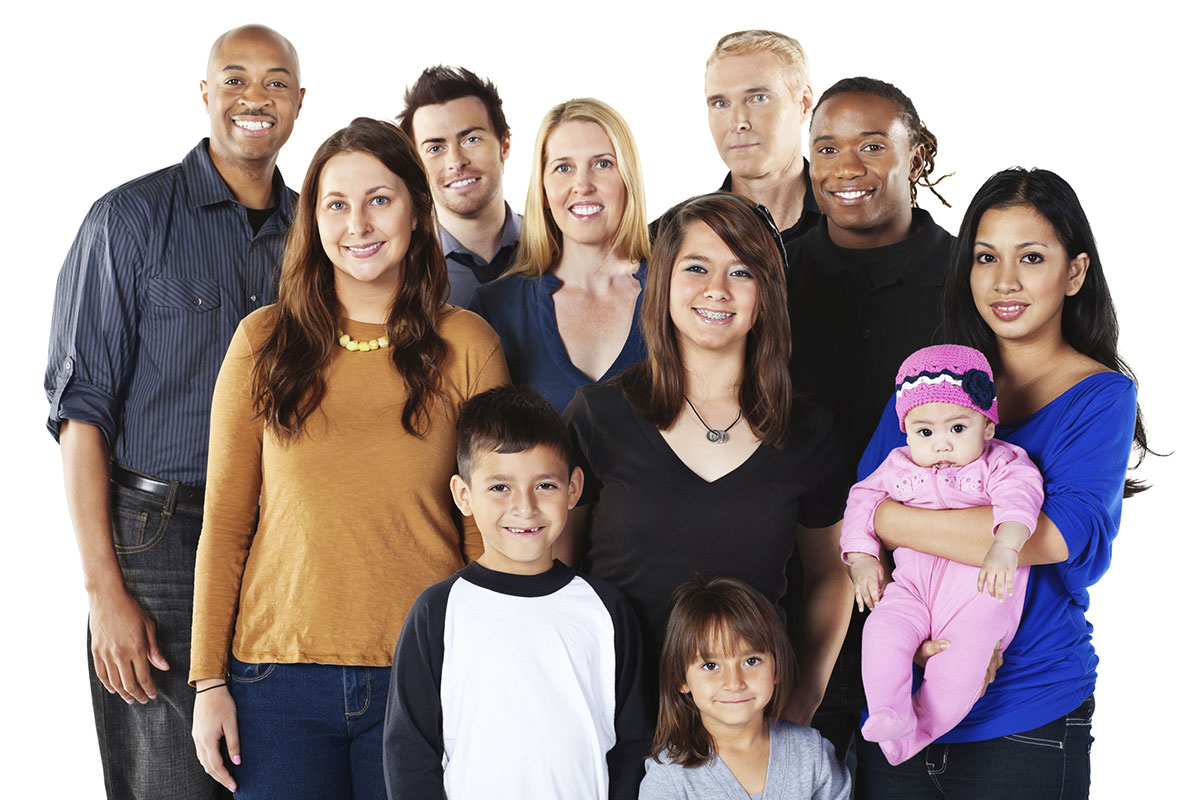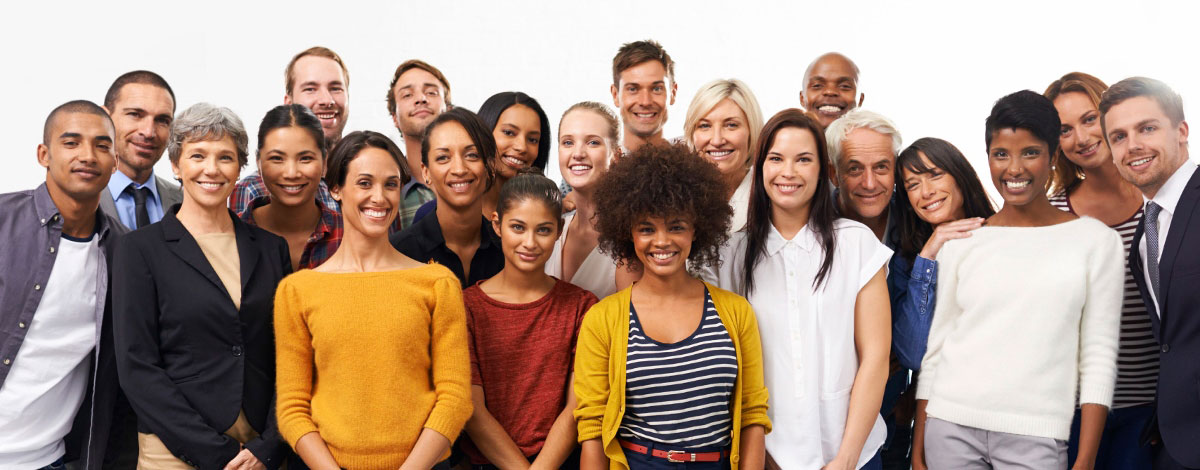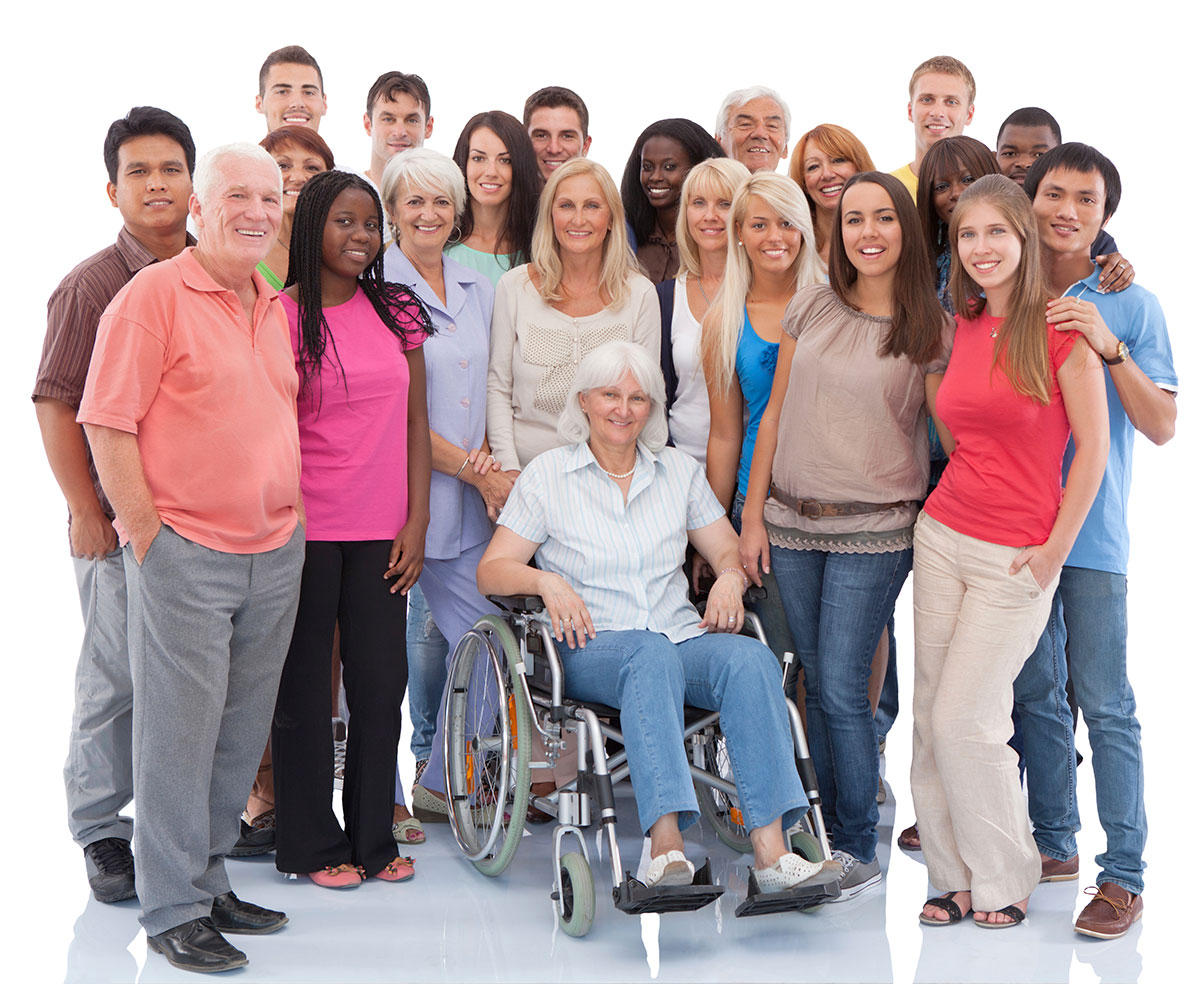Stereotyping leads to social injustice, poor health outcomes, and less effective organizations.
All of us have automatic thoughts and feelings about one another based on race, ethnicity, accents, religion, gender, age, socio-economic level, sexual orientation, physical presentation (body type, clothing, tattoos, etc.) and other characteristics. These automatic thoughts and feelings are often due to stereotypes we learned as children – something our mothers told us about “those people” or something we saw in the movies, or an experience we had with someone. As human beings, we tend to think that “Those people are all the same.” This attitude affects how we treat each other in healthcare, business, school, the criminal justice system, and society as a whole. Cultural Competence begins with recognizing that stereotypes are true of some people in a group and not true of others in that group. Each person is unique.
How do we approach Diversity and Inclusion Training?
Our workshops are highly interactive and devoid of shaming or blaming. Consistent with the research on counteracting racial bias and other forms of prejudice, our goal is to get people to recognize their biases and treat others fairly in spite of negative thoughts and feelings.
We create an environment in which people share their personal experiences. Everyone has been the object of AND the source of prejudice. Anti-bias training that divides participants into “victims” and “offenders” causes the designated offenders to close down and resist acknowledging their biases. Many stubbornly lie to themselves – which is the exact opposite of the purpose of D&I Training.
We call our workshops, “Managing Your Prejudices.” We don’t call them “Eliminating Your Prejudices” because we want the participants to understand that treating others fairly requires an ongoing effort to acknowledge one’s biases and to resist acting upon them.
How do culture and language affect health and social services?
- Providers may not recognize their unconscious prejudices – but clients sense how providers feel about them.
- Patients who don’t understand or trust their providers don’t adhere to medical advice.
- Providers are influenced by stereotypes when making a diagnosis and developing a treatment plan.
- Untrained language interpreters make dangerous errors that lead to inaccurate medical histories, misdiagnoses, harmful drug interactions, and mistakes in following treatment plans.
- The advice of health and social service providers may conflict with the client’s cultural beliefs and practices.
How does cultural competence strengthen organizations?
- Organizations are more effective when employees trust one another.
- Customers buy products and use the services of businesses that make them feel valued and respected.
What is a culturally competent community?
In a culturally competent community, residents of all cultural backgrounds live, work, and play together – and they treat each other as individuals rather than as stereotypes.
What does the Florida Center for Cultural Competence do?
The Florida Center for Cultural Competence, Inc. improves communication and trust among people of diverse backgrounds so that:
- health and social service providers are more effective with patients and clients
- organizations welcome diversity
- community residents live, work, and play together in the spirit of mutual respect and tolerance.





